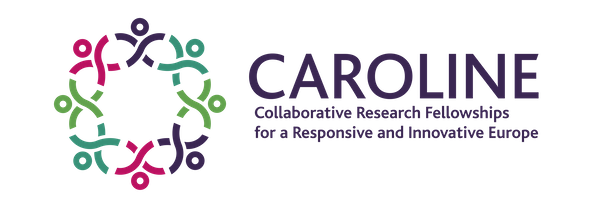
The MastiSTAPH project has received funding from the Marie Skłodowska-Curie CAROLINE cofund scheme, a programme that aims to support the career development of early stage researchers. Find out more about the CAROLINE programme below or check the Irish Research Council website.
The CAROLINE programme
The Irish Research Council Marie Skłodowska-Curie Actions (MSCA) Cofund Postdoctoral Fellowship Programme entitled CAROLINE – ‘Collaborative Research Fellowships for a Responsive and Innovative Europe’ aims to provide experienced researchers with an opportunity to obtain a prestigious research mobility and career development fellowship. Successful candidates will carry out research either in Ireland or abroad and will gain inter-sectoral and interdisciplinary exposure.
Collaborative Actions
A key feature of the CAROLINE programme is collaboration between the academic sector, non-governmental organisations and international organisations. The scope of potential organisations for inter-sectoral collaboration in terms of their mission is intended to be broad, and will speak to one or more of the goals under Agenda 2030. Potential partner organisations are not limited to ‘development-orientated’ NGOs or those working in support of developing countries.
United Nations 2030 Agenda
CAROLINE Fellowships aim to attract experienced researchers from any discipline to conduct research relevant to the themes of the United Nations 2030 Agenda for shared economic prosperity, social development, and environmental protection. The 17 goals within Agenda 2030 are relevant for researchers across all academic disciplines and will be of interest to researchers with diverse career objectives in mind, including those within academia, civic society, and industry.
The postdoctoral fellow
Researchers awarded an Irish fellowship will be hosted by an institution in Ireland for two years, with a mandatory secondment of between six and twelve months’ duration during this time to a main partner organisation located in Ireland with an optional placement to a placement partner organisation possible. This will provide the fellows with relevant training and career development opportunities, and increase their chances of gaining a future senior research position.
